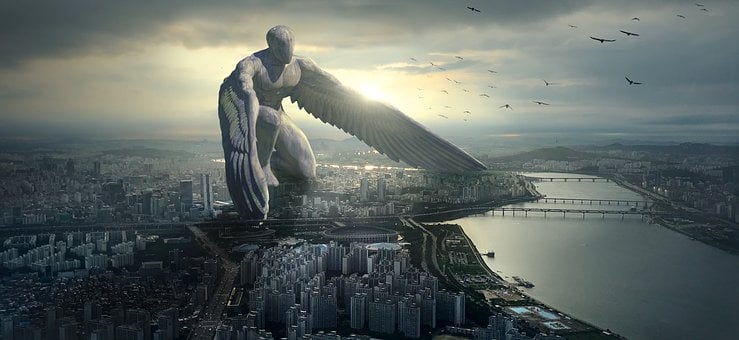How do you think the music industry could make a difference on these gender issues?
Categories in award ceremonies are perhaps a little too gendered. I think that the day when the Bilal Hassani explosion will happen it will be very difficult to know if we put it in the category “best female artist / best male artist”. It may be a discussion that will never happen but it sometimes becomes a subject that I think about because there was this awards ceremony which ranked Sam Smith in the category “best male artist” just after he came out as a non-binary person and I wondered how he would react if he won.
You were – and still are – one of the first representatives in France of the LGBTQIA+ cause. How important is this role to you today?
I think it wasn’t a mission for me when I was little to become an LGBTQIA+ figure because I didn’t know where I was going to position myself later. On the other hand, yes I want to contribute to this opening of thoughts and I want to uninhibit the discourse around this cause. I would like us to one day be able to have a sufficiently wide eclecticism of types of people who would do jobs without their sexuality being pointed out. At the same time, I really like the culture that has been created around this minority, which has had to make its way, create artistic, political and activist spaces that are so beautiful and rich. When I say I’d like it to become commonplace, that doesn’t mean I’d like to erase queer history. While having the desire to continue to highlight it, I would also like it to be able to move forward as a current, a great movement which would be appreciated, respected and seen as something beautiful and not something sad.
You revealed on the radio that you had suffered a burnout last year and that it was your participation in Dance with the stars who helped you overcome this ordeal. What does this artistic discipline represent for you who are today a juror and who participated in the show as a candidate?
I started at the bar at 5 years old. Dancing, theater, singing, it has always been in my life. Singing took over very quickly when I was 9/10 years old, but my training has always been very multidisciplinary. When I was at the International Dance Academy, I was in classes with flexible hours. I went to school in the morning and in the afternoon I danced. When the irruption arrived with King, my life has lost all its chronological meaning. My days simply no longer had any meaning: that is to say, I was in Le Mans to make a radio set, after I was going to taste a local dish with the people of the city then I was going to bed , I woke up at 4am and we went to Ukraine to sing on television. I went back to bed, we went to London and then we were at the NRJ Music Awards. The tour then resumed. I had a lot of conversations with artists who have careers that are much bigger than mine to find out how they were doing because, for me, it was very difficult. There was also perhaps the youth factor. At the time, I was 19, fresh out of high school. I was not prepared at all. Before King so, I was making music in the comfort of my room. I was doing my videos on the internet, I was managing my schedule and all of those things were taken away from me all of a sudden. I had my dream but also a lot of fatigue. In 2021, I woke up one morning and couldn’t speak, move or do anything. To find myself, we went with my mother to a centre, the Hôtel Universitaire du Mieux-Être, in the South of France. We did yoga, we ate well, I did some advanced spiritual work and we came away from there looking beautiful, happy and at our best. From that moment, my mom established a routine that existed when I was little. And when I was offered Dance with the stars, it’s been 3 weeks since I was on my feet again. We may say to ourselves “no, doing a TV show for 3 months, it may not be a good idea” but we did it. I had a driver from the show who picked me up in the morning at 8 o’clock at my house, I went there, I danced, I came back and I slept. That’s what I did for 3 months. And at the end of the show, I became Bilal again. I had regained my senses a little bit and that’s when I met GrandMarnier and we made the album. When I was called afterwards to take part in the show again but as a judge, I was very happy because it’s a show that brought me a lot.
How did you manage to find this balance?
When my mother was just my manager, there were other people who managed my schedule and she had warned some of them that I was very tired but they had not listened to her. Mom, her priority for her is that I be in good shape, that I feel good in my head and in my body. So when we’re working on hot days like we’re currently doing with an album release and I’m busy from morning to night, she knows I’m going to need some quieter days. She tries to maintain that balance.
“This album is above all cathartic” Bilal Hassani tells us about his latest opus

